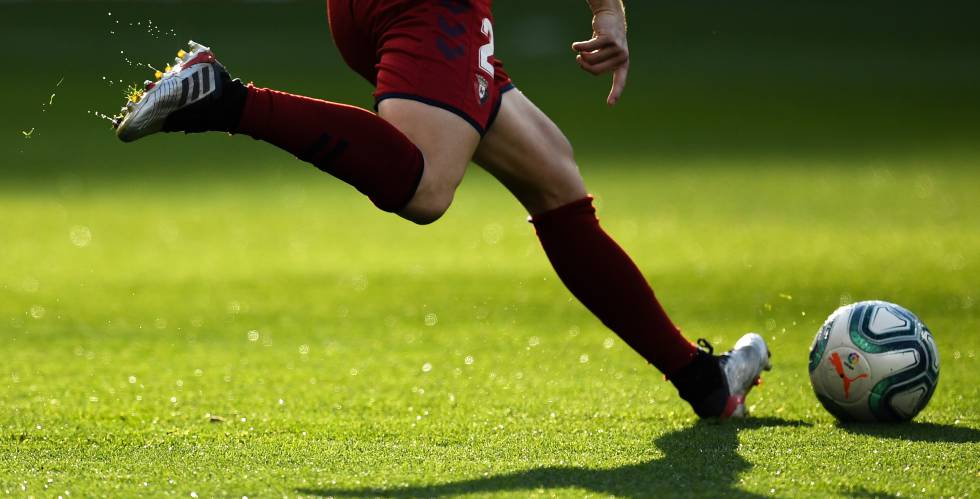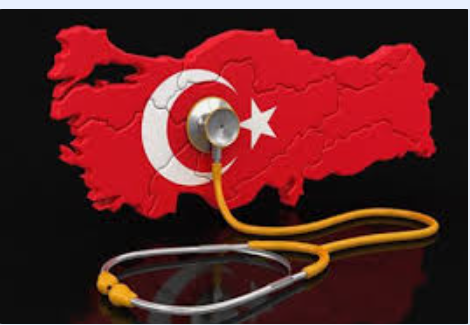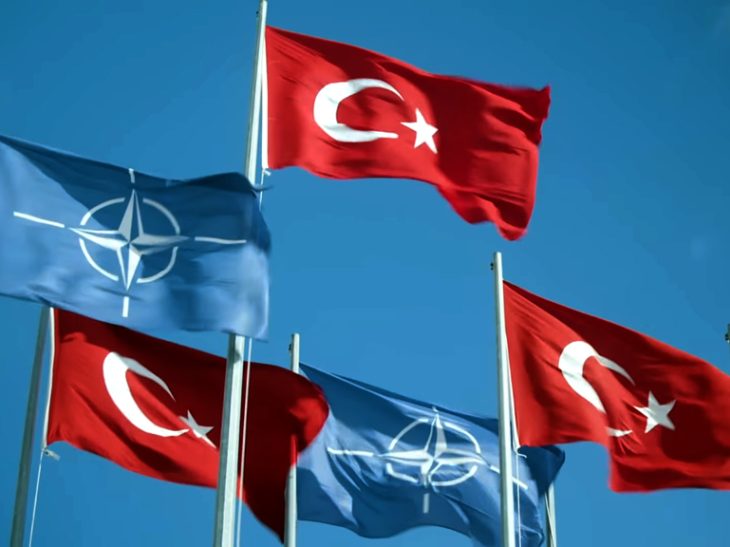Yağız Kutay Isik: “Are Turkish Football Clubs Going to Be Sold?”
 futbol
futbol
The scandal in Saudi Arabia has been debated by the public since Thursday. True patriots have made fair comments on the issue. I leave anyone who stays silent alone with their conscience.
THE REAL QUESTION: “WHY DID WE GO?”
If there is something more important than the question of why the match wasn’t played, it’s why we went to Saudi Arabia in the first place. While it’s natural to consider the answer to this question as money-oriented, it would be foolish to look at the money the Turkish Football Federation will pocket—100 million TL for clubs or 50 million dollars at the end of ten years—as the sole outcome for a match.
BIG FOUR IN DEBT
As of August 31, 2023, Fenerbahçe, Galatasaray, Beşiktaş, and Trabzonspor had a total debt of 29.93 billion Turkish Liras. These massive debt amounts seriously endanger the sustainability of the clubs. Their income barely covers half of their debts.
Especially considering the revenue brought in by participation in the Champions League, the situation becomes even more dire. The participation fee for a Turkish team alone amounts to 15.64 million euros, while the average revenue is around 25 million euros. This income is crucial for reducing club debts, maintaining financial balance, and sustaining competitiveness.
NO PUBLISHER
One of the biggest sources of income is the broadcasting rights. Previously conducted auctions in foreign currencies are now in Turkish Lira. This season, while the average national television broadcast revenue among Europe’s top 10 leagues stands at 587 million euros in the UEFA country coefficient rankings, the Super Lig obtained only 84 million euros, which is 7 times less than other leagues.
Considering those who withdraw their teams from the field, clubs with fields resembling potato patches, those who claim “we won’t finish this league,” or issues like the Halil Umut Meler scandal diverting football’s focus, this league is doing its best not to make itself watchable. Our clubs announce record losses every year, and their transfer windows close.
TWO WAYS
Providing added value to this league has become imperative. Otherwise, apart from an unwatched league, economically, we’ll have no choice but to rely on the state and UEFA competitions just to survive (if the European Super League project becomes a reality, we’ll be in a much worse situation). For instance, since Ali Koç took over, Fenerbahçe is following the Benfica example. According to journalist İsmail Şayan, last season, Benfica managed to achieve a turnover of 195.8 million euros but only declared a profit of 1.8 million euros. They made a profit of 63.7 million euros from player sales. Despite Fenerbahçe being in a better position in terms of player sales compared to others, they ended this transfer season with a loss of 1 million euros. In short, becoming an exporting club is the first path for our clubs to get back on track. It’s a challenging and laborious path. The other path is the sale of the clubs.
EYES ON ARAB CAPITAL
In 2015, there were discussions about the Big Three being sold to Qataris. Aziz Yıldırım, wearing a Fenerbahçe jersey with a photograph of the Emir of Qatar, Sheikh Tamim bin Hamad Al Thani, had posed with the then Ambassador of Qatar to Ankara, who was also a member of Fenerbahçe. However, conditions weren’t favorable due to the political and economic situation at that time. Now, the situation is different. Over the last five years, the broadcasting rights auction has plummeted significantly. Transfers are not made for football; football is played for the transfers. Incredibly expensive world class footballers aren’t enough for European success, especially as the big three clubs try to survive by continually postponing debts with state support. Considering this, the Super Cup final being played in Saudi Arabia for ten years suddenly makes more sense.
FIRST İBB, THEN BAŞAKŞEHİR, WHAT NOW?
Manchester City was acquired as an Emirati project sixteen years ago. As of May 2023, they’ve won all possible trophies. The City Football Group, owner of Manchester City, also owns New York City in the US, Melbourne City in Australia, Yokohama F. Marinos in Japan, Atlético Torque in Uruguay, Girona in Spain, Troyes in France, Sichuan Jiuniu in China, Mumbai City in India, Lommel in Belgium, Bahia in Brazil, and Palermo in Italy. Now, the sale of Başakşehir is being loudly discussed. Talks were held approximately two and a half months ago. Naturally, Göksel Gümüşdağ, president of Başakşehir, who is married to Emine Erdoğan’s niece, was the interlocutor. It’s no coincidence that the current government desires the sale of clubs and has chosen Başakşehir for a smooth transition.
VISION 2030
Saudi expansion isn’t limited to outside the continent alone. During the summer transfer window, the Saudi Pro League became the second-highest spender, exceeding 900 million dollars on foreign players after the English Premier League.
Carlo Nohra, the operational director of the Saudi Pro League, emphasized that this expenditure isn’t temporary, stating, “We will continue to seek support until we reach our goals. However, it is essential to create our commercial value independently of state capital by ensuring our own financial growth. Within the framework of Vision 2030, we aim to provide entertainment opportunities for the Saudi people and, at the same time, elevate the level of the Saudi Pro League in the long term by developing local talent.”
The Saudi administration, not wanting to be solely associated with oil, is pursuing long-term investments in football through soft power.
TURKISH OR ARAB CAPITAL?
Stakeholders and politicians in Turkey are aware that football clubs’ economies are not sustainable. Consequently, they see the sale of clubs as inevitable. Therefore, individuals like Koç and Sabancı, alongside local rich figures, are hopeful that football partnerships with Saudi Arabia will end with a lucrative sale of our clubs. We are witnessing another version of showrooms where cars are displayed. Are our clubs being put up for sale? Laws will change, making it possible to sell the clubs.






